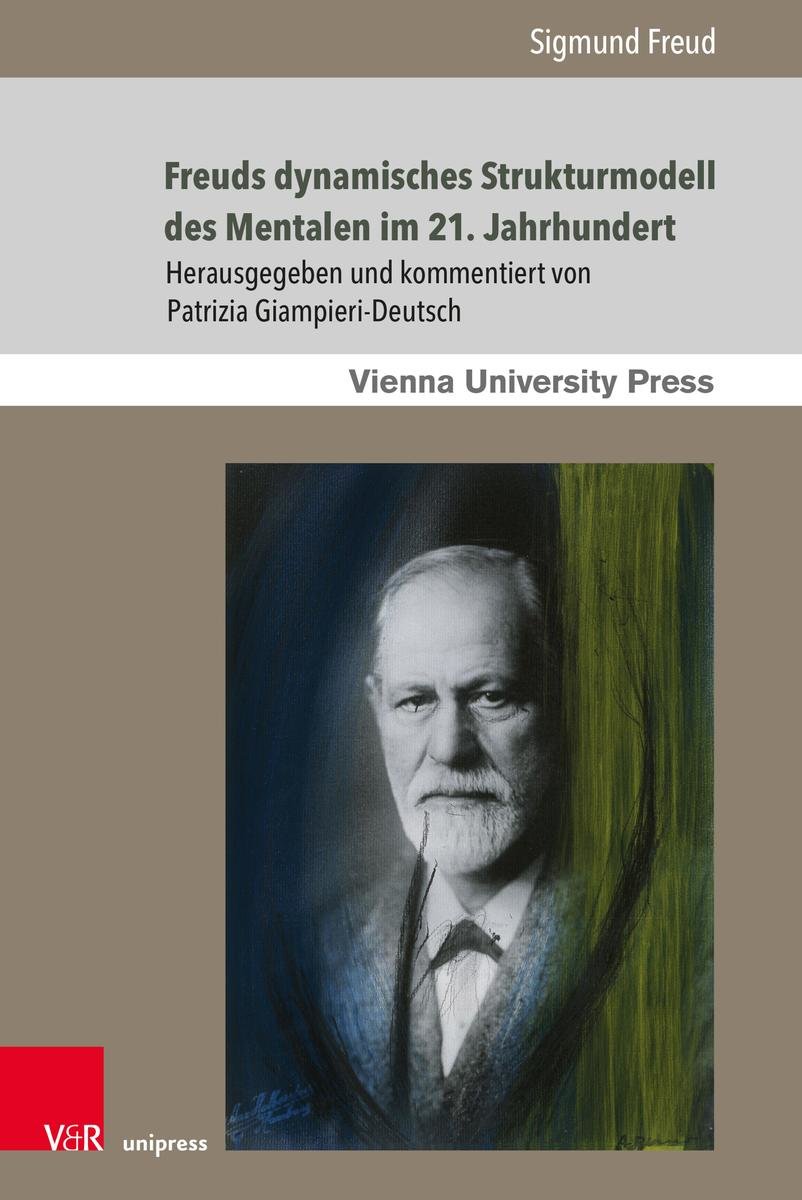1923 führte Sigmund Freud in Das Ich und das Es ein Modell des »psychischen Apparats« ein, das eine dynamische Auffassung des mentalen Lebens, des Geistes veranschaulicht, das »Strukturmodell«. Im darauffolgenden Jahrzehnt arbeitete Freud das Strukturmodell weiter aus und »Die Zerlegung der psychischen Persönlichkeit«, seine XXXI. Vorlesung aus der »Neue[n] Folge der Vorlesungen zur Einführung in die Psychoanalyse«, stellte das Ergebnis dieser Präzisierung vor. Die vorliegende Neuausgabe dieser beiden Texte ist kommentiert und mit einer systematischen Einführung versehen, welche Freuds Theorie des Mentalen unter dem Gesichtspunkt der gegenwärtigen psychoanalytischen Forschung darstellt und in den fachübergreifenden Dialog mit avancierten Ansätzen der Kognitionsforschung bringt. Freuds Texten wird eine Stimme verliehen und den Nachbardisziplinen und Leser*innen des 21. Jahrhunderts zugänglich gemacht.Mit einem Vorwort von Marlen Bidwell-Steiner, Daniela Finzi, Patrizia Giampieri-Deutsch, Christian Huber, Friedrich Schipper und Herman WesterinkIn 1923, Freud introduced a model of the "psychic apparatus" in "The Ego and the Id", the "structural model", which could appropriately account for a dynamic view of the mind and mental life. In the following decade, Freud further elaborated the structural model and "The Dissection of the Psychical Personality", his XXXI. Lecture of the "New Introductory Lectures on Psycho-Analysis", spelled out the result of this specification. The present new edition of these two texts is newly commented and provided with a systematic introduction, which presents Freud's theory of the mind from the point of view of contemporary psychoanalytic research and brings it into an interdisciplinary dialogue with current approaches in cognitive research.


